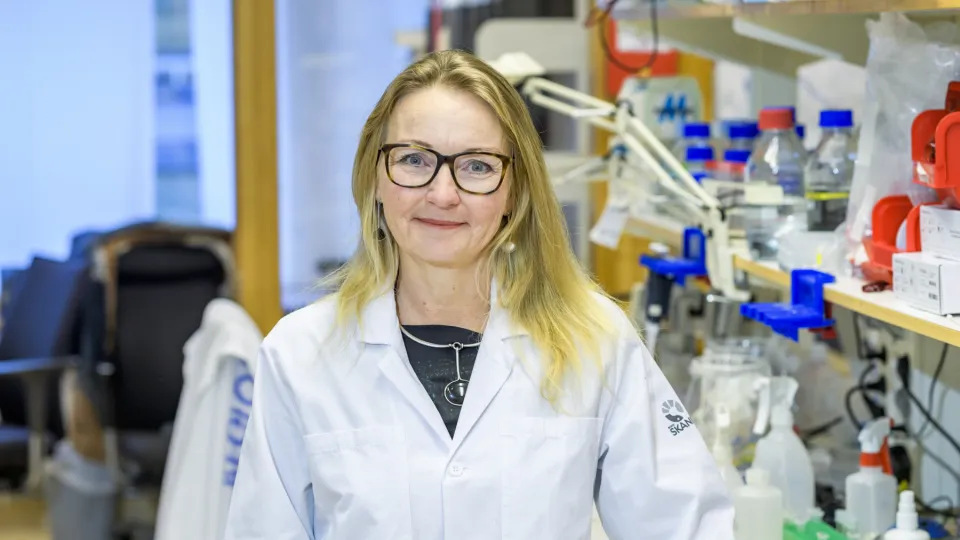Epigenetic research paves the way for tailored type 2 diabetes treatment
Charlotte Ling, a professor in diabetes research with a particular focus on epigenetics, has spent the past 10 years studying epigenetic biomarkers that can predict how patients respond to treatment for type 2 diabetes and which complications may arise in connection with the disease.
“We have shown that epigenetics plays a significant role in the development of type 2 diabetes. We have identified epigenetic changes in skeletal muscle, adipose tissue, liver, and in the insulin-producing islets from individuals with type 2 diabetes, all of which contribute to disease progression.”
Her research also shows that lifestyle factors like physical activity, diet, and ageing can influence these epigenetic patterns—opening the door for more personalised lifestyle approaches to diabetes care.
Blood tests could predict treatment outcomes
A key part of Ling’s research is investigating whether blood-based epigenetic biomarkers can be used to predict how well a patient will respond to metformin—the most commonly prescribed drug for type 2 diabetes—and whether they are at risk of side effects. Her team is also studying whether these markers can predict the risk of serious complications such as kidney disease, heart attack, and stroke.
“Our goal is to use these epigenetic biomarkers in precision medicine. By identifying the right treatment from the moment of diagnosis, we can reduce complications and improve quality of life for people with type 2 diabetes,” Ling explains.
Large-scale Danish study strengthens findings
To validate their findings, Ling’s team is collaborating with a large Danish study known as DD2 (The Danish Centre for Strategic Research in Type 2 Diabetes), which includes more than 13,000 participants. This project complements the Swedish ANDIS study (All New Diabetics in Skåne).
In both studies, blood samples are collected from individuals with type 2 diabetes at the time of their diagnosis. Charlotte Ling explains that they plan to analyse epigenetics in blood samples from thousands of individuals in both DD2 and ANDIS to investigate whether epigenetic biomarkers in blood can be used for precision medicine at diabetes diagnosis.
“Before biomarkers can be implemented in clinical practice, it is important to demonstrate that they work in multiple studies and in different groups of people. Therefore, the DD2 project will be of great significance and help ensure that the biomarkers we identify in ANDIS have clinical relevance and can be used for precision medicine in type 2 diabetes.
New funding fuels cutting-edge research
Thanks to the new grant, Ling’s group is now able to move forward with large-scale analyses. This not only provides access to valuable data from two major Scandinavian studies—it also enables the recruitment of experienced researchers with clinical expertise and advanced bioinformatics skills.
“This support is crucial for taking the next step: bringing epigenetic biomarkers into precision medicine of the treatment of type 2 diabetes,” Charlotte Ling concludes.
